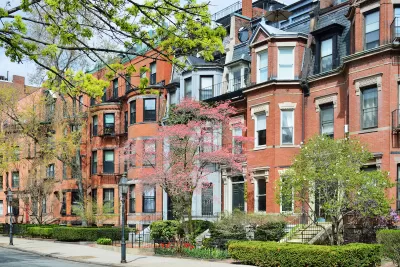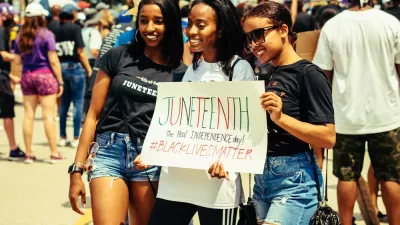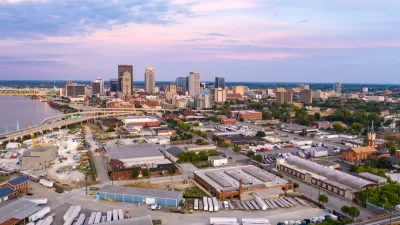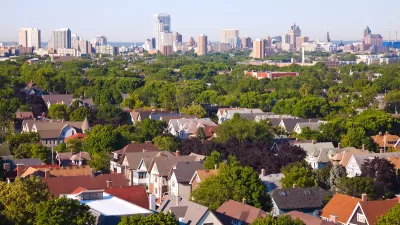Classist and racist zoning decisions from decades past reverberate in today’s neighborhoods.

A new report from Boston Indicators “examines how zoning restrictions over the last 100 years has been used to exclude people along race and class lines in Greater Boston,” highlighting the need for zoning reform that can alleviate the region’s housing crisis and begin to undo decades of discriminatory policies. Zeninjor Enwemeka describes the report’s findings in an article for WBUR, noting that “Many suburbs of Boston used zoning policies to explicitly retain wealthy people and restrict lower-income people over decades, the report found.” Due in part to the connection between class and race, the report found racial disparities as well.
Last century’s zoning decisions are still important, the article notes, because they largely dictate new laws. “According to the report, zoning restrictions also helped create housing scarcity and high housing costs in the region as communities sought to be more "exclusive, desirable, expensive." And these things impact everyone today as there is more demand for housing, the report said.”
The report praises the recently passed MBTA Communities zoning law, which requires upzoning near transit to make room for more housing, and calls for more state-level zoning reform.
FULL STORY: How Greater Boston's zoning decisions reverberate a century later

Planetizen Federal Action Tracker
A weekly monitor of how Trump’s orders and actions are impacting planners and planning in America.

Congressman Proposes Bill to Rename DC Metro “Trump Train”
The Make Autorail Great Again Act would withhold federal funding to the system until the Washington Metropolitan Area Transit Authority (WMATA), rebrands as the Washington Metropolitan Authority for Greater Access (WMAGA).

The Simple Legislative Tool Transforming Vacant Downtowns
In California, Michigan and Georgia, an easy win is bringing dollars — and delight — back to city centers.

The States Losing Rural Delivery Rooms at an Alarming Pace
In some states, as few as 9% of rural hospitals still deliver babies. As a result, rising pre-term births, no adequate pre-term care and harrowing close calls are a growing reality.

The Small South Asian Republic Going all in on EVs
Thanks to one simple policy change less than five years ago, 65% of new cars in this Himalayan country are now electric.

DC Backpedals on Bike Lane Protection, Swaps Barriers for Paint
Citing aesthetic concerns, the city is removing the concrete barriers and flexposts that once separated Arizona Avenue cyclists from motor vehicles.
Urban Design for Planners 1: Software Tools
This six-course series explores essential urban design concepts using open source software and equips planners with the tools they need to participate fully in the urban design process.
Planning for Universal Design
Learn the tools for implementing Universal Design in planning regulations.
Smith Gee Studio
City of Charlotte
City of Camden Redevelopment Agency
City of Astoria
Transportation Research & Education Center (TREC) at Portland State University
US High Speed Rail Association
City of Camden Redevelopment Agency
Municipality of Princeton (NJ)





























